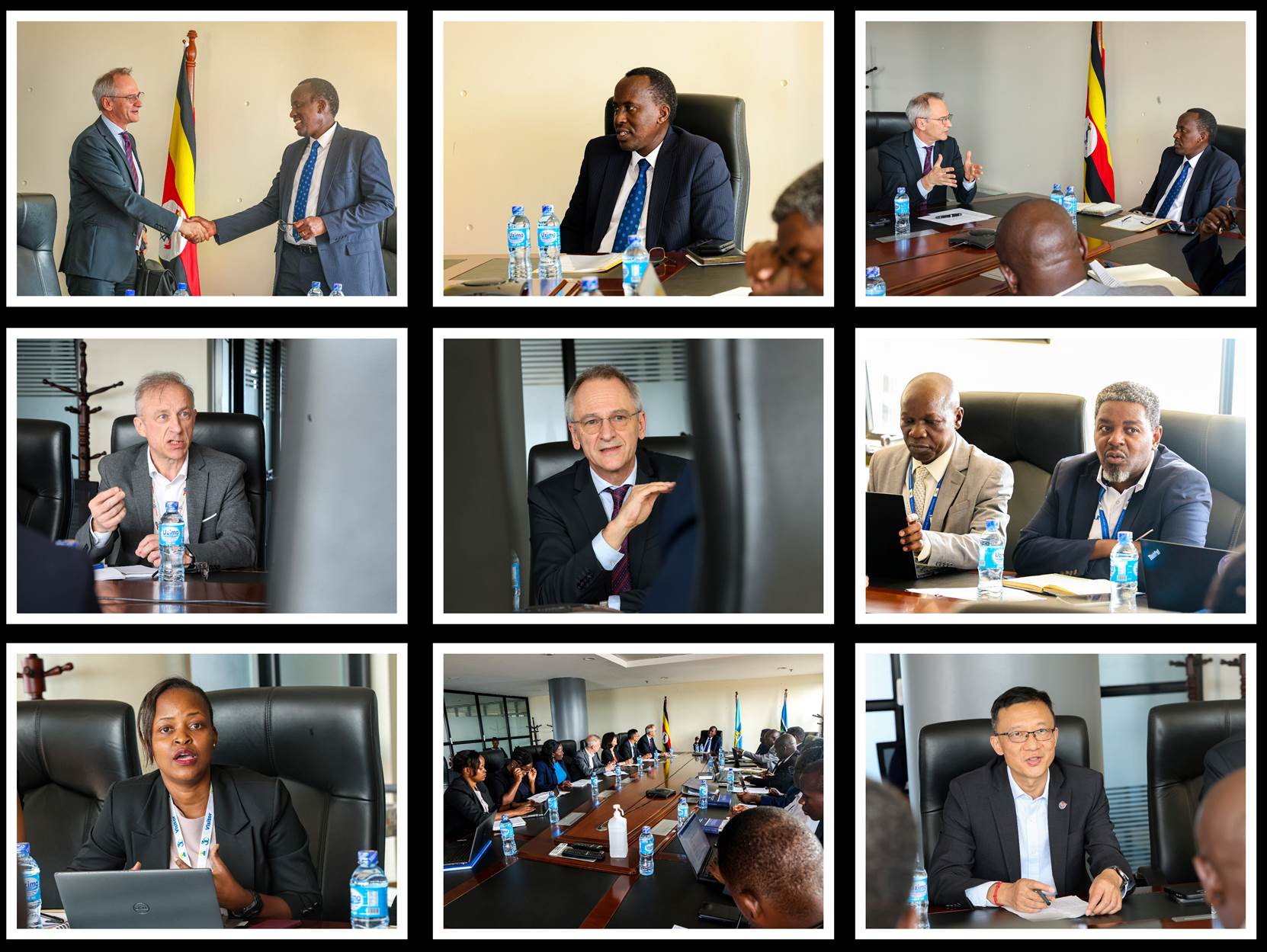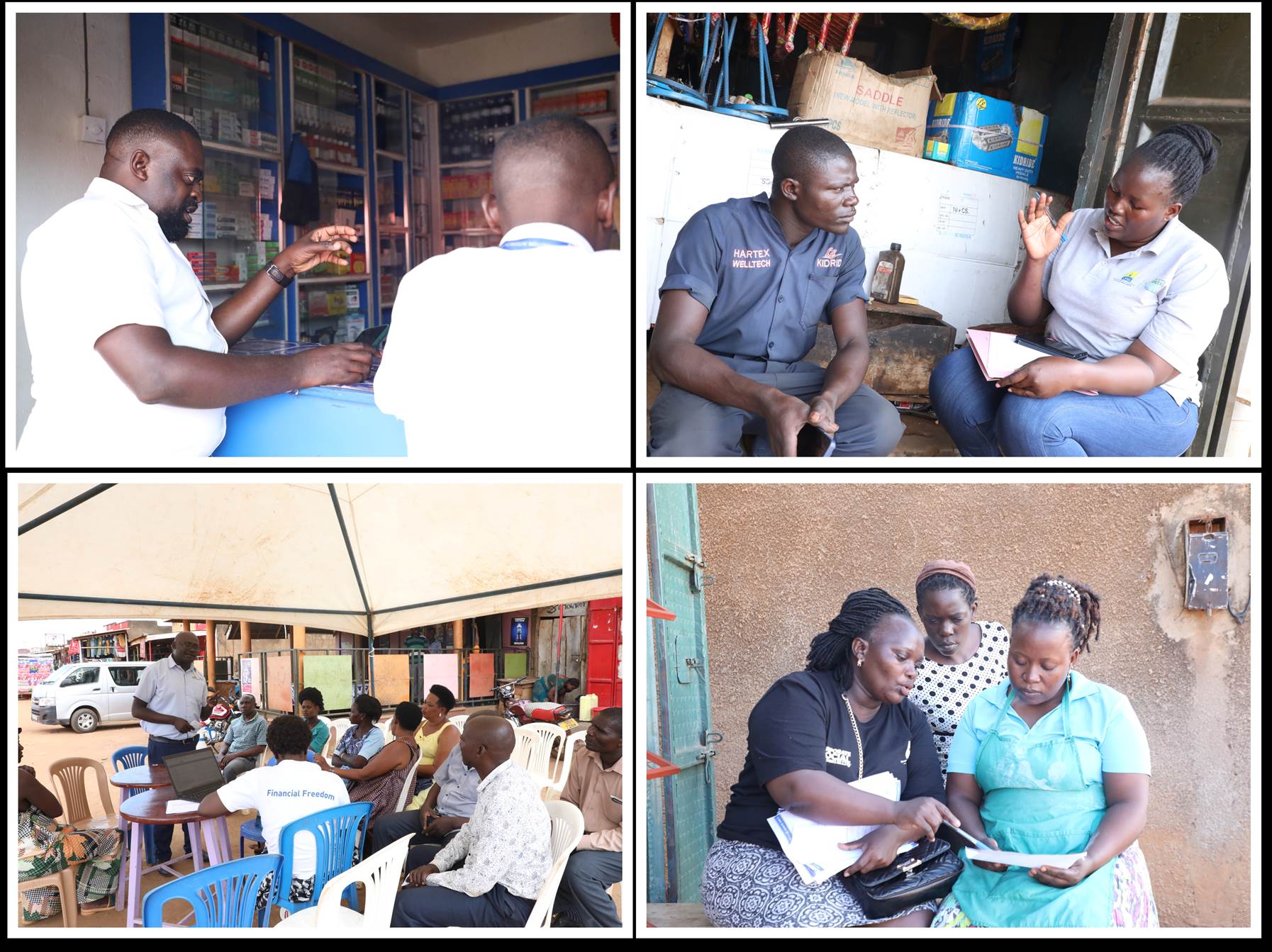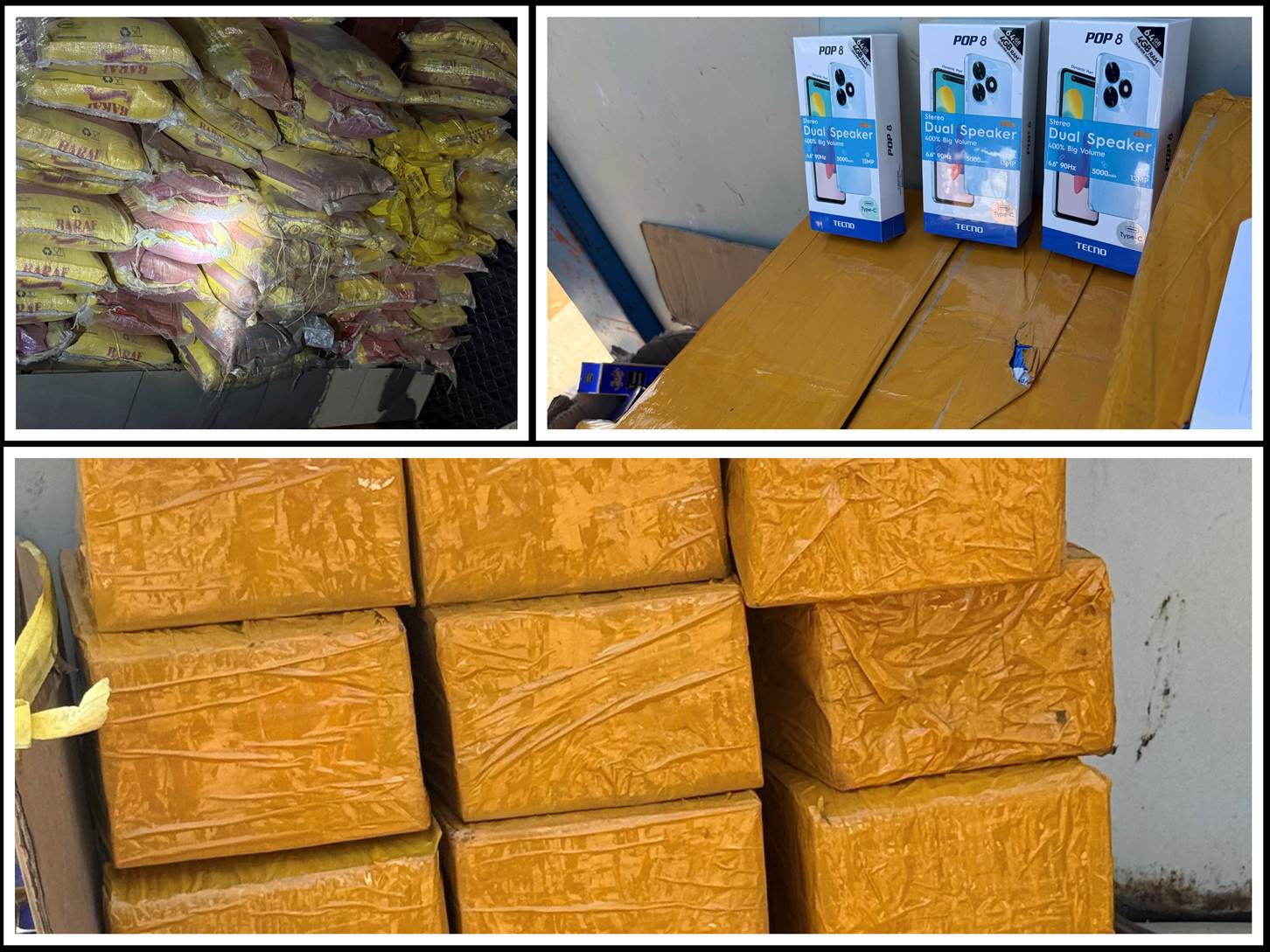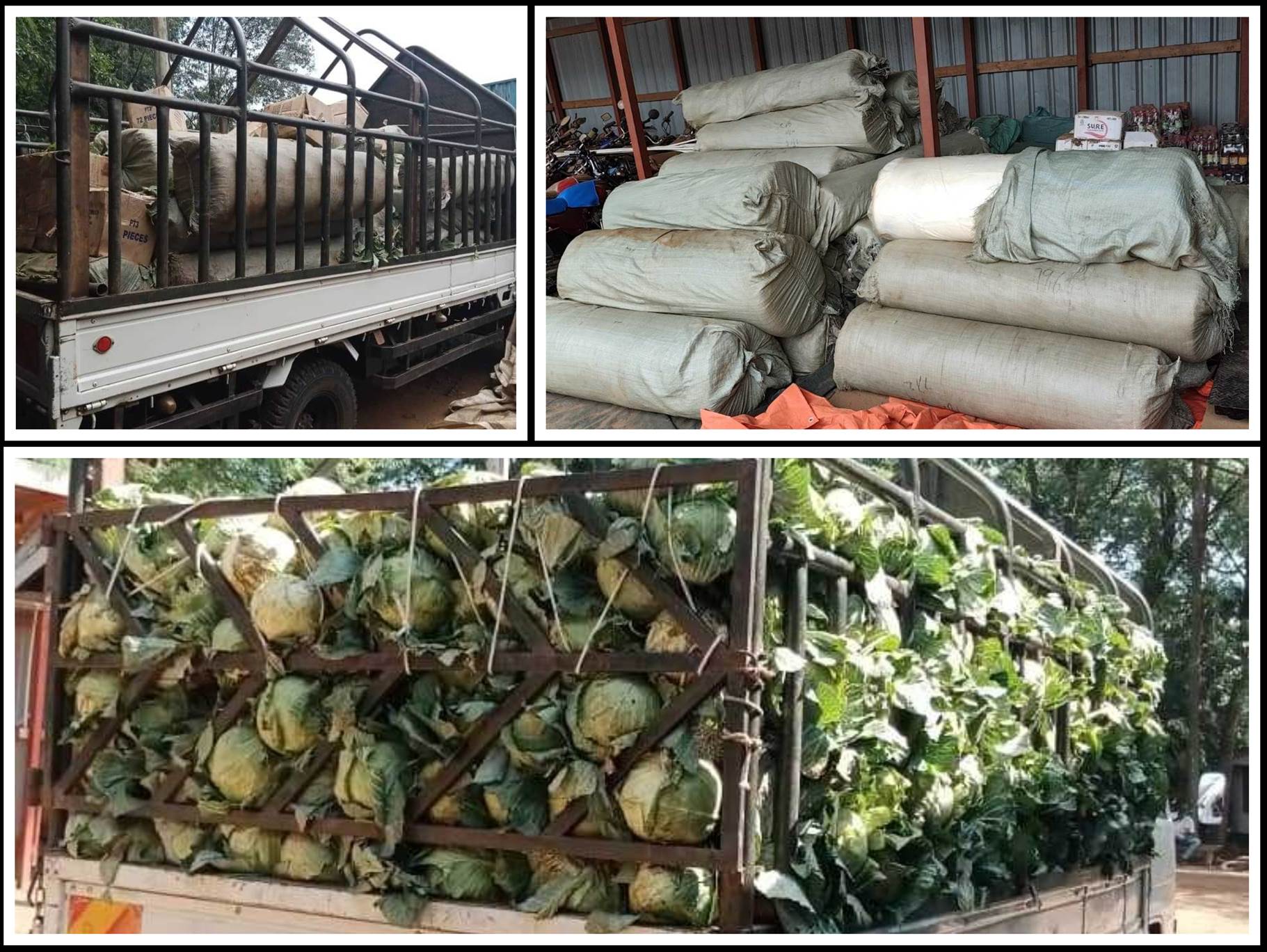Abel Kagumire
Uganda Revenue Authority is moving from enforced compliance to voluntary compliance. To achieve this, there is need to know and appeal to URA’s stakeholders especially taxpayers. To know our stakeholders, we refer to the Compliance Pyramid in mapping out the compliant ones and leverage on them. The pyramid places the compliant stakeholders at the bottom, followed by those attempting to comply but with difficulty, then the general non-compliant category and finally the deliberate fraudulent group.
With the help of the compliance pyramid strategy, Uganda Customs has been able to single out the stakeholders who are fully compliant and give them preferential treatment. This exclusive treatment is also a lure to those attempting to comply, but with difficulty, as well as the non-compliant and the deliberately fraudulent categories.
URA Customs has achieved this with its 3E’s approach of (Engage and Educate before Enforcing) together with intense promotion of the Authorized Economic Operators (AEO) Program.
The AEO program is a trade facilitation initiative derived from the World Customs Organization (WCO) SAFE Framework of Standards, commonly referred to as the SAFE, which secures and facilitates Global Trade by enhancing the supply chain security while facilitating legitimate trade.
This framework requires URA Customs to identify compliant and reliable businesses, form partnerships with them and in return offer benefits in terms of simplified procedures. These businesses are termed as Authorized Economic Operators.
The AEO Program therefore aims to enhance trade facilitation, promote customs to business partnership, promote security of international trade supply chain and promote voluntary compliance to customs laws and procedures among our clients.
There is a symbiotic relationship with URA as the AEOs enjoy benefits ranging from reduction in the cost of doing business, enhanced reputation and image, increased turnover, improved quality of service, trustworthy and compliant business to improved internal control systems.
The program currently has 118 AEOs of which 34 are authorized at the East Africa Community (EAC) regional level. There are also over 70 importers and exporters, and about 52 declarants, 18 of whom are Bonded Warehouse Operators, who are given a benefit to manage themselves.
AEOs make over 6,000 declarations monthly and they account for about 26% of all International Trade Taxes. This has resulted in an immense reduction in clearing time, hence lowering the cost of doing business.
Last week, URA authorized an additional 24 AEOs. As the tax body evolves and focuses on trade facilitation, the ultimate goal is to have 80% of taxes cleared by AEOs hence reducing the cost of our operations.
The AEO program was implemented in a phased approach and started with importers and Customs agents. The next phase rolled out exporters and bonded warehouse operators, and lastly transporters and freight forwarders respectively. Soon, URA will enroll Small and Medium Enterprises with emphasis on promoting women in business.
Looking to the future, URA has focused on automation of all her processes, including the AEO program, to enhance efficiency. The AEO Enterprise Risk Management Project is in the final stages of automation, and this will expand the program and the establishment of AEO Mutual Recognition Arrangements (MRA) with other countries to boost trade.
Uganda Customs signed her first MRA with China Customs in 2021 at the 5th WCO Global Conference. This being the first MRA on the African Continent, it has increased Uganda’s opportunities through trade relations and strategic collaborations globally.
Similar negotiations are under way between South Africa Revenue Services and India Customs bilaterally.
This Financial Year 2022/23, URA has to mobilize UGX.25.6Tn with Customs tasked to collect UGX. 9.74Tn. With the increasing voluntary compliance, URA is optimistic to achieve this target and immensely contribute to delivering our country from economic dependence.
The Author is the Commissioner Customs Department in URA










